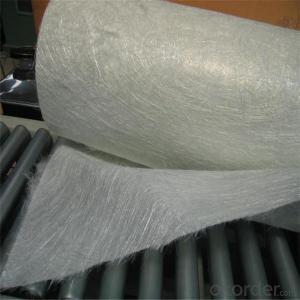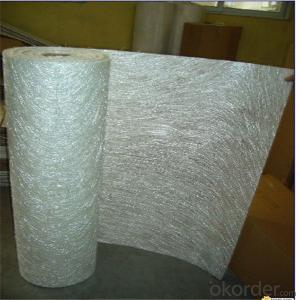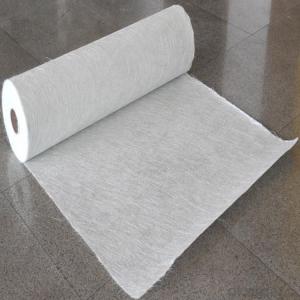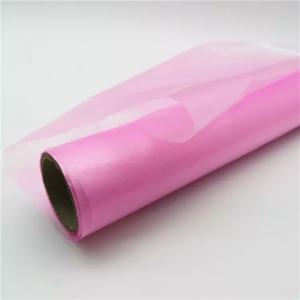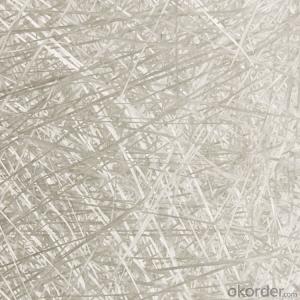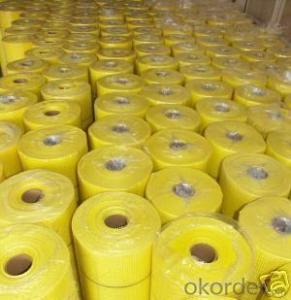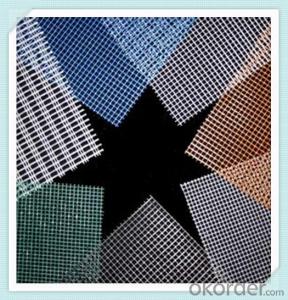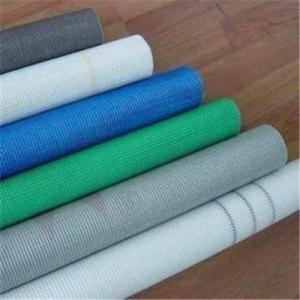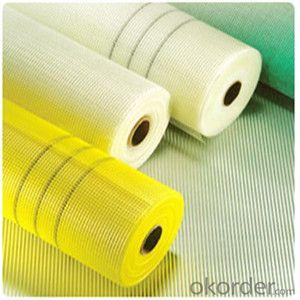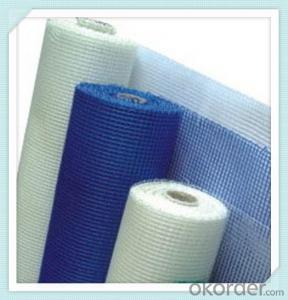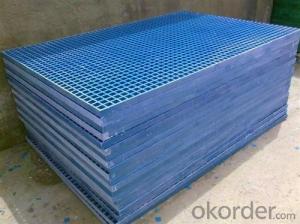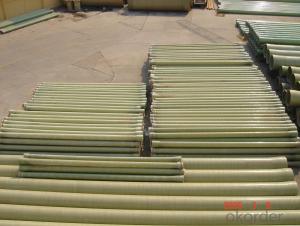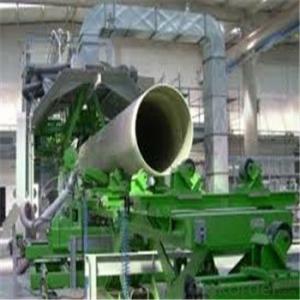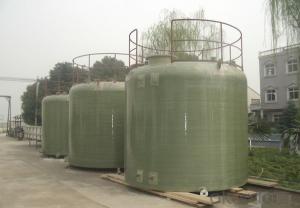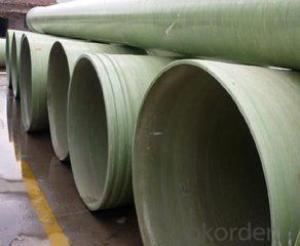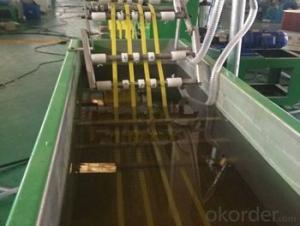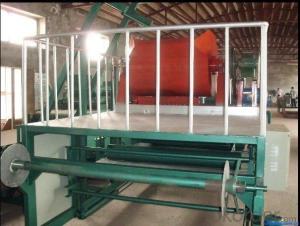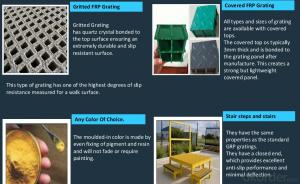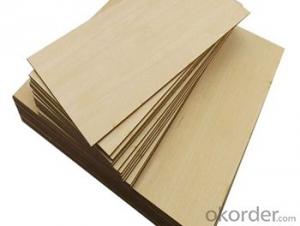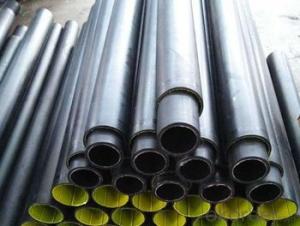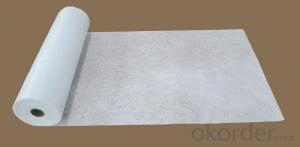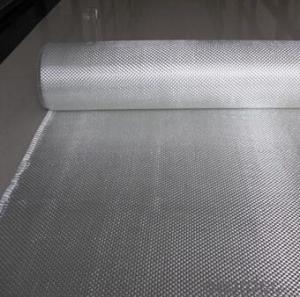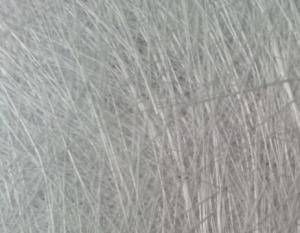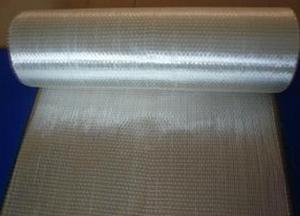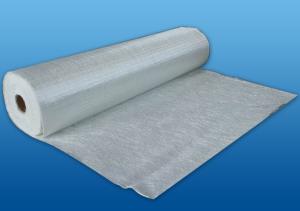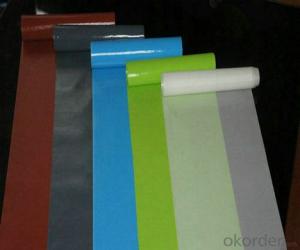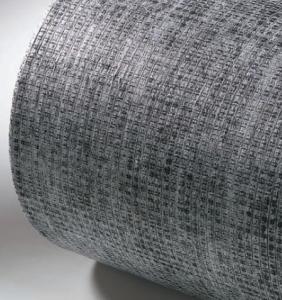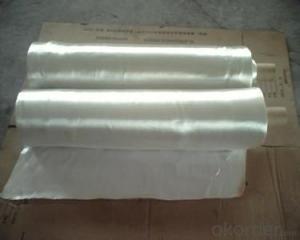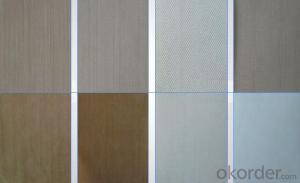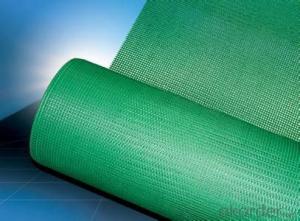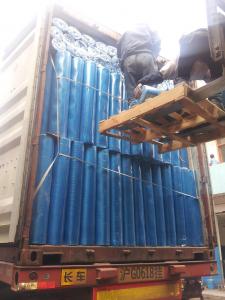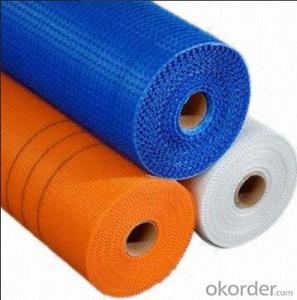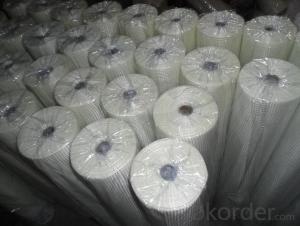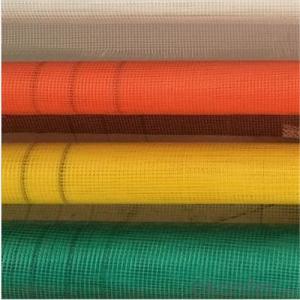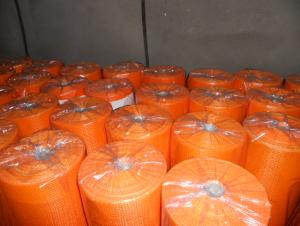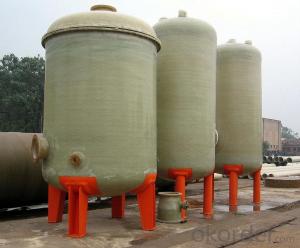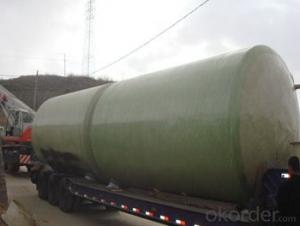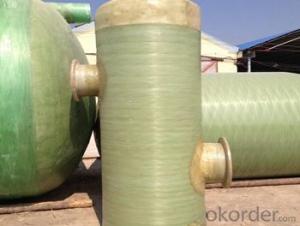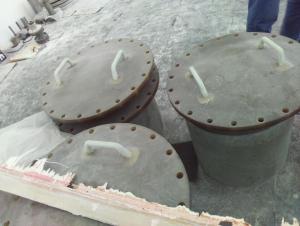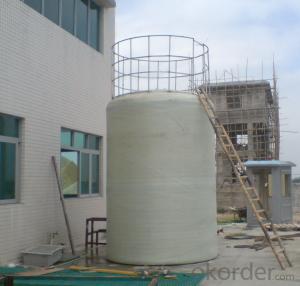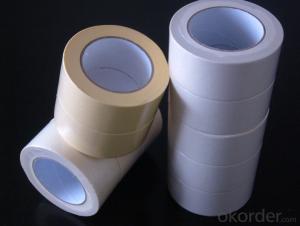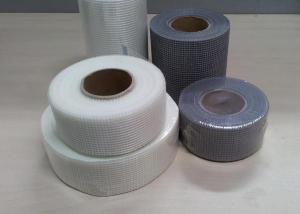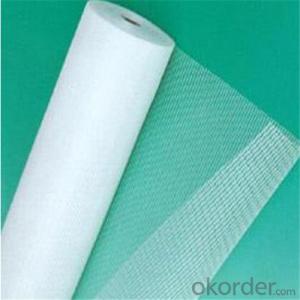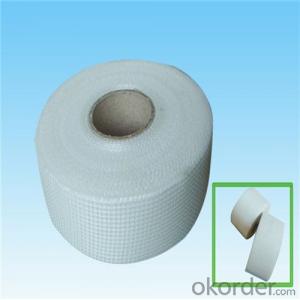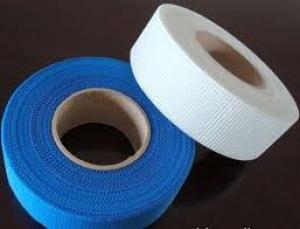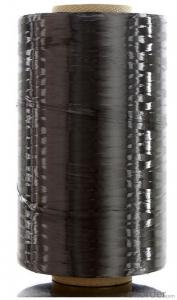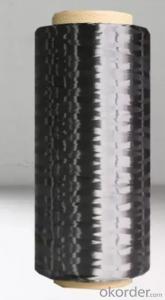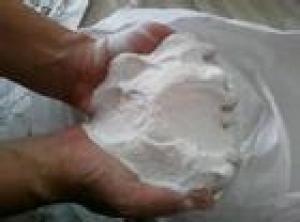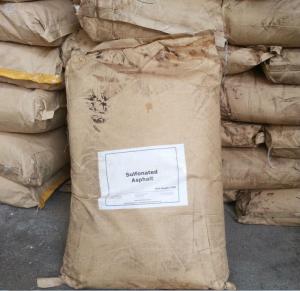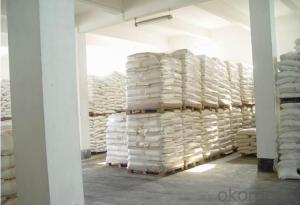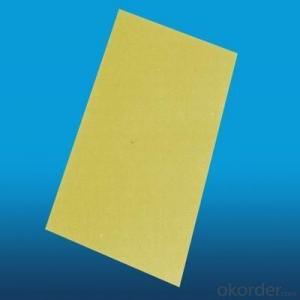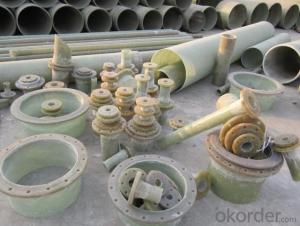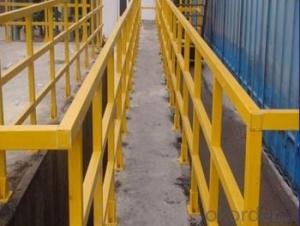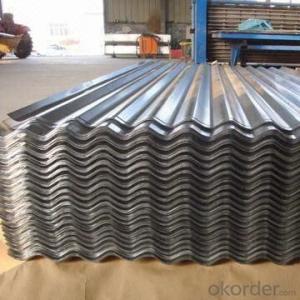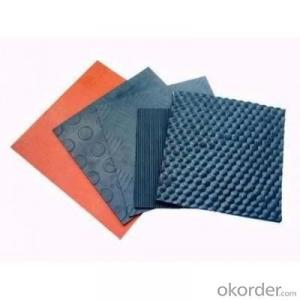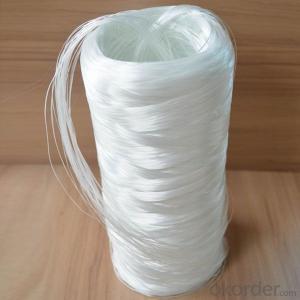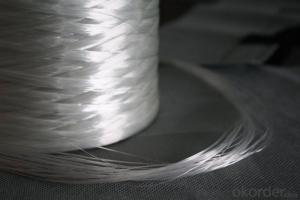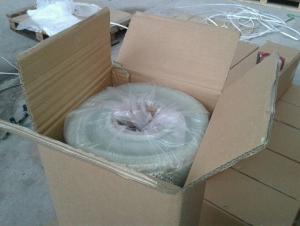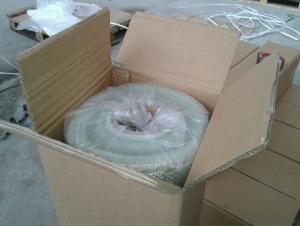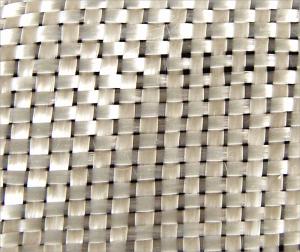All Categories
- - Steel Wire Rod
- - Steel Coils
- - Steel Profiles
- - Steel Pipes
- - Stainless Steel
- - Tinplate
- - Special Steel
- - Steel Sheets
- - Steel Rebars
- - Steel Strips
- - Hot Rolled Steel
- - Cold Rolled Steel
- - Pre-painted Steel
- - Seamless Steel Pipe
- - Welded Steel Pipe
- - Hollow Steel Tubes
- - Galvanized Pipe
- - Stainless Steel Coil
- - Stainless Steel Sheet
- - Stainless Steel Plate
- - Stainless Steel Strips
- - Electrolytic Tinplate Coil
- - Electrolytic Tinplate Sheet
- - Stainless Steel Rebars
- - Solar Panels
- - Solar Water Heater
- - Solar Related Products
- - Solar Inverter
- - Solar Cells
- - Solar Light
- - Solar Energy Systems
- - Solar Controllers
- - Solar Mounting System
- - Solar Pump
- - Solar Chargers
- - Fiberglass Chopped Strand
- - Fiberglass Mesh Cloth
- - Composite Pipes
- - FRP Pultrusion Profiles
- - Fiberglass Mat Tissue
- - Fiberglass Fabrics
- - Fiberglass Mesh
- - Composite Tank
- - Fiberglass Mesh tape
- - Polymer
- - FRP Roofing Panel
- - Fiberglass Roving
- - Monolithic Refractories
- - Ceramic Fiber Products
- - Refractory Bricks
- - Raw Materials For Refractory
- - Suspended Platform
- - Cranes
- - Concrete Machinery
- - Earthmoving Machinery
- - Building Hoist
- - Road Building Machinery
- - Plastic Pipe Fittings
- - Plastic Tubes
- - Plastic Sheets
- - Agricultural Plastic Products
- - Plastic Nets
 All Categories
All Categories
Fiberglass Chopped StrandView More
Fiberglass Mesh ClothView More
Composite PipesView More
FRP Pultrusion ProfilesView More
Fiberglass Mat TissueView More
Fiberglass FabricsView More
Fiberglass MeshView More
Composite TankView More
Fiberglass Mesh tapeView More
PolymerView More
FRP Roofing PanelView More
Fiberglass RovingView More
Q & A
Can fiberglass be made opaque?
Yes, fiberglass can be made opaque by adding pigments or using opaque resins during the manufacturing process.
How does fiberglass perform in earthquake-prone areas?
Fiberglass performs well in earthquake-prone areas due to its high strength-to-weight ratio and flexibility. It has excellent resistance to cracking and breaking, which allows it to absorb and distribute seismic forces, reducing the risk of structural damage. Additionally, fiberglass is non-corrosive, moisture-resistant, and fire-retardant, making it a suitable material for construction in earthquake-prone regions.
Can fiberglass supply be used for UV resistance?
Yes, fiberglass supply can be used for UV resistance. Fiberglass is known for its excellent durability and resistance to various environmental factors, including UV radiation. It is commonly used in applications where exposure to sunlight and UV rays is a concern, such as outdoor structures, automotive parts, and marine equipment.
How do you repair a fiberglass car body?
Repairing a fiberglass car body typically involves several steps. Firstly, the damaged area needs to be assessed and cleaned to remove any debris or loose fibers. Then, using a grinder or sandpaper, the damaged area is carefully sanded down to create a smooth surface for the repair. Next, a fiberglass repair kit is used to apply layers of resin and fiberglass cloth to the damaged area, allowing it to cure and harden. Once the repair is complete, the area is sanded and smoothed again before being painted to match the rest of the car body.
How does fiberglass perform in terms of thermal insulation?
Fiberglass is an excellent thermal insulator. It has low thermal conductivity, meaning it does not easily transfer heat. This property allows fiberglass to effectively trap and retain heat, making it an efficient material for thermal insulation applications.
Wholesale Fiberglass Supply from supplier in Vietnam
With our comprehensive range of Fiberglass Supply products, tailored sales and technical support services, and our affiliation with CNBM, a Fortune Global 500 company, we are well-equipped to provide convenient and efficient procurement solutions for Fiberglass Supply in Vietnam. Our extensive product portfolio and market expertise enable us to cater to various project requirements and deliver exceptional customer satisfaction. Choose us as your trusted partner and experience the difference our expertise and customer-centric approach can make to the success of your projects in Vietnam.
Hot Search
- Fiberglass Chopped Strand in Eritrea
- Fiberglass Mesh Cloth in Bangladesh
- Composite Pipes in Sri Lanka
- FRP Pultrusion Profiles in Timor Leste
- Fiberglass Mat Tissue in Panama
- Fiberglass Fabrics in Chile
- Fiberglass Mesh in Australia
- Composite Tank in Monaco
- Fiberglass Mesh tape in Tunisia
- Polymer in Guatemala
